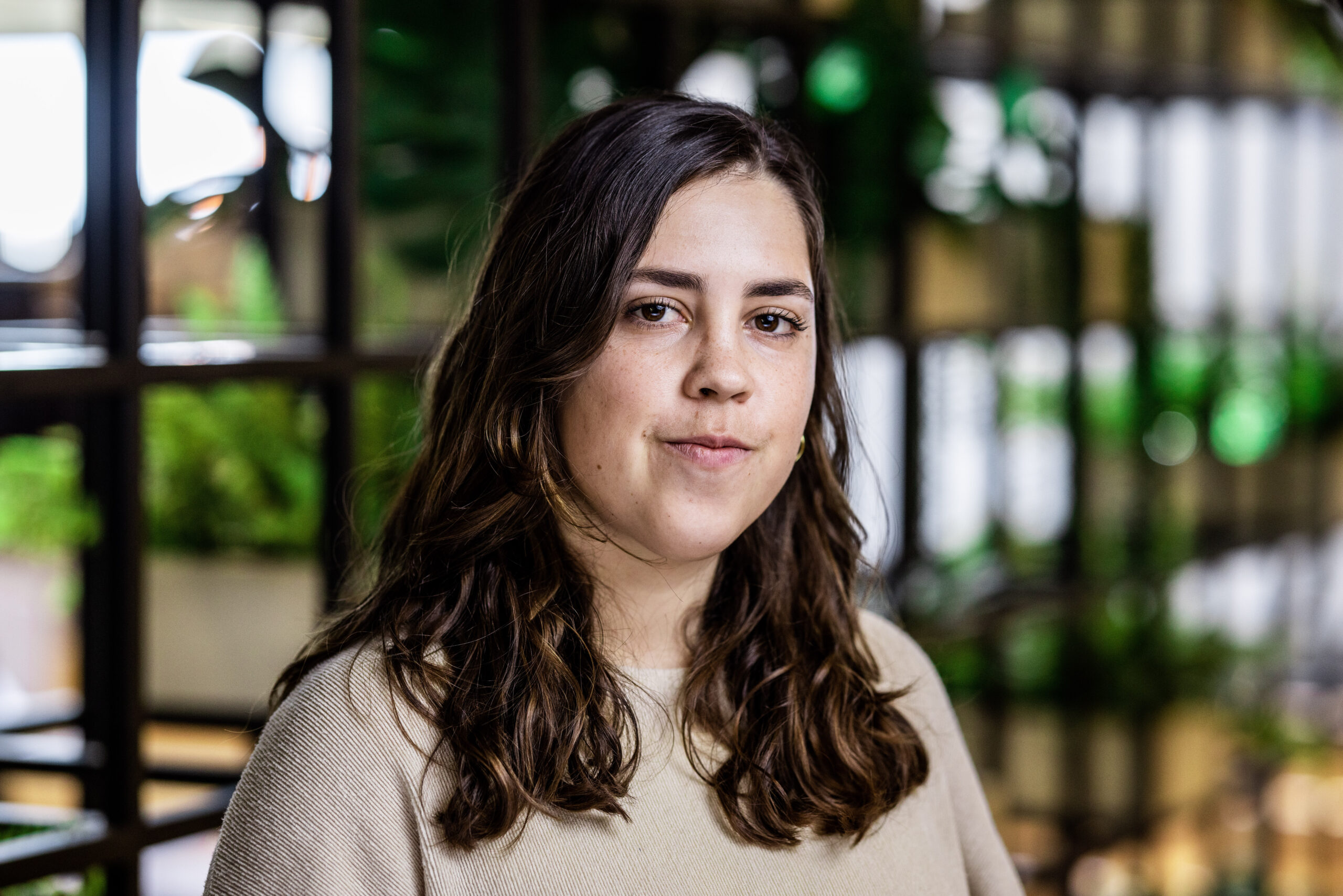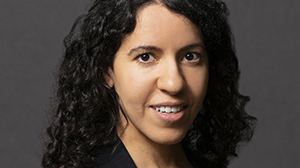Asher Lehrer-Small had been at The 74, a nonprofit news organization that covers the U.S. education system, for a year when he began the 2021-22 cohort of the Poynter-Koch Media and Journalism Fellowship. Though he never attended journalism school, he used his background in education policy and as a teacher to pivot to education reporting. Armed with the skills he gained from the fellowship, The 74 promoted Lehrer-Small to staff reporter. His coverage during the year of the fellowship earned him recognition as one of the top three education beat reporters in the nation working at a small newsroom, according to the Education Writers Association.
POYNTER-KOCH: Why were you drawn to the Poynter-Koch fellowship?
LEHRER-SMALL: Having entered the industry through a non-traditional path, I was learning a lot hands on. It was the middle of COVID and I was covering the biggest disruption to public education in decades. But I knew there were skills and perspectives I still needed to hone. The program gave me access to industry professionals who helped me identify the “why” behind each story, which grounded my reporting in how I could provide a public service. Also, the Poynter-Koch fellowship brought me into community with other reporters. The first few years of any journalist’s career are a grind, and the fellowship gave me a group to lean on.
Tell me more about that community, specifically your small advisory group.
We heard from so many accomplished journalists. These people have had years to think about the principles that drive good journalism. As fellows, we were trying to process that advice. The advisory group helped us think about those lessons, especially when it came to fraught and sensitive issues.
I got support from peers for a feature I was doing on Newport, R.I., the city that launched the most slave trading voyages in all of North America. I was looking at how schools taught that complicated local history. Rhode Island is small. Teachers told me their students often shared the last names of the historical figures from the lessons — both those who profited from the slave trade and those of early Black Newporters. I kept sharing my progress on the story with my advisory group and sought advice about how to handle this subject matter with dignity. When the story published, I’m proud that not only did the Boston Globe pick it up, but one of my sources — the first Black principal in Newport — called me after reading it and said, “Some writing touches people’s minds. Your writing touches people’s hearts.” The advisory group helped me do that.
Can you talk about the principles you discussed in the program?
Holding power to account was a big one. We had a session about the Freedom of Information Act (FOIA). I’d submitted a handful of FOIAs previously, but I didn’t fully appreciate how it could be a tool to ensure openness in government. We discussed useful strategies for when officials stalled or increased FOIA costs. Now, FOIA requests are key to my reporting.
For example, I published an investigation last fall looking into New York City teachers’ frequently unsubstantiated reports of child abuse and neglect. I used data I obtained via a public records request to discover which school staff members were most likely to submit these reports and how the reports disproportionately target low-income families of color. Most allegations from teachers ultimately led to no evidence of wrongdoing, but still drag families into months of trauma, including invasive searches and the constant threat of their children being taken away. Soon after my story published, bigger outlets like NBC, CBS, and The New York Times all ran pieces on the issue, and The New York Times linked to my investigation. Now, New York City is changing its training for mandatory reporters, adding more discussion of implicit bias and emphasizing that educators should not use child protective services simply as a response to poverty.
Did anything you learned change the way you report?
Yes. Former CNN Washington Bureau Chief Frank Sesno ran a session on interviewing where he told us to imagine “squinting with our ears.” What a vivid way to put it! He wanted us to think about how to scrutinize what we’re hearing. I take this advice into every interview so I can tell the best story possible — and the whole story. His advice certainly was helpful when reporting on the teachers’ false alarm reports. I got some educators on record.
Through our conversations, it became clear they were told to default to a formal report when there was any hint of neglect or abuse. I knew this aspect of the story would help readers understand educators aren’t villains — in many cases are simply doing what they’re told. And now we also know one possible solution is providing teachers with better training and information.
Tell me about your innovation project and how it will help facilitate bottom-up change in journalism?
A tenet of good journalism is hearing from the humans who have the most at stake in any given news issue — and for education reporting, that’s the students themselves. For my innovation project, I created The 74’s first-ever Student Council, an initiative to uplift youth voices in education reporting. We convened a diverse group of 11 students, ranging from middle school to college, who gave us tips and content. One student wrote an op-ed sharing her experience living in a shelter and explaining how school leaders can better support homeless students. They also flagged news stories we wouldn’t have known to cover otherwise, like one we did about social media slander accounts.
How can fellowships like the Poynter-Koch fellowship help address problems like shrinking local coverage?
Partnerships across newsrooms are a way to bring good journalism to more communities. I’ve reached out to publications like The Boston Globe and The Raleigh News & Observer, which have co-published my stories. I just finished a story in partnership with VTDigger. In an era where newsrooms have limited budgets, working together to tell stories that matter is important. The fellowship gives journalists a place to collaborate and make the connections necessary to do so.
What are you working on now, and why are you excited about it?
I’m continuing to follow up on our investigations into the link between schools and Child Protective Services in New York City. I’m also looking into classroom censorship policies and how they have cut into civics education, limiting the training students receive to participate in our democracy. Stay tuned.
This interview was edited for length and clarity.
Photo credit: Marianna McMurdock



